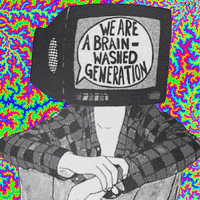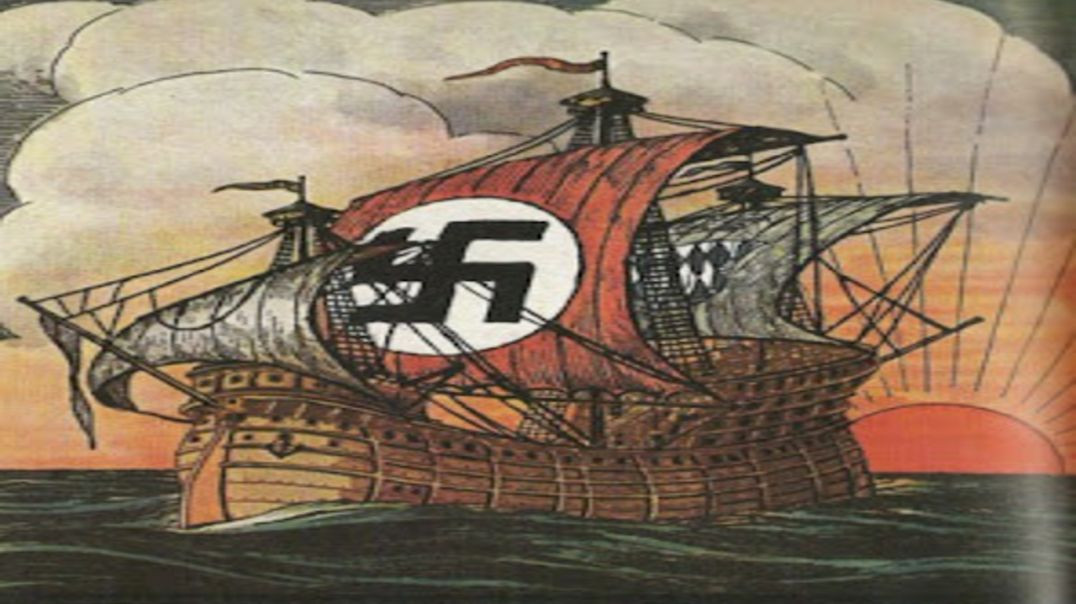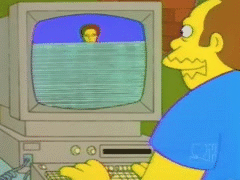Live streaming on Altcast.TV is now available!
ROSS PEROT 🇺🇸 WAS BASED
Source: https://www.bitchute.com/channel/neonyatzi_/
I wish we had him today. He was og maga
Ross Perot - This is why threats were made towards his daughter that made Perot drop out of the Presidential race and then the debating process was changed to ensure another Ross Perot would never get on stage again as a third party candidate . --- #patriotfiles --- #zog --- #sayanim
https://gab.com/Rocco411/posts/111304499425404595
https://fivethirtyeight.com/fe....atures/long-before-t
The question everyone asks about Ross Perot is: “How would the outcome of the 1992 election have been different if he wasn’t in the race?”
The conventional wisdom is that George H.W. Bush would have won. Perot, an independent candidate, was a former Republican and ran on a conservative economic message. He won almost 20 percent of the popular vote. Most of his support would have gone to Bush, right?
In the latest installment in our documentary podcast series re-examining past presidential elections, we dig through the archives and talk to people involved in all three 1992 campaigns to suss out Perot’s true impact on the race. We found an answer to our original question — “What would’ve happened if Ross Perot didn’t run?” — but we also found ourselves asking an even more complicated question: “What would have happened if Ross Perot had run as a major-party candidate?”
Donald Trump’s candidacy gives us glimpse of what might have happened if Perot had run within the two party system. Both Perot and Trump ran as political outsiders, successful businessmen and populists. Their messages were simple. In Perot’s case, the national debt was “destroying the country,” and in Trump’s case, illegal immigration is “destroying the country.” Both men were protectionist on trade and said they would demand U.S. allies pay more for defense. But many of their policy proposals were vague or nonexistent.
Both the Perot and Trump campaigns relied on their candidate’s charisma, a simple message and a successful media strategy. Perot was an early darling of cable TV news, frequently appearing on talk shows like “Larry King Live.” He was also willing to harness unusual media strategies — he even did 30-minute infomercials, complete with charts. Trump’s presence on American television has been so ubiquitous that by March one firm that tracks advertising estimated he had received $2 billion worth of free media.
Both campaigns broke completely with political norms and proved surprisingly resilient in the face of prodding journalism and suggestions that the candidates were unfit to be president.
As Democratic strategist James Carville put it, “If Donald Trump is the kind of Jesus of the disenchanted, displaced non-college white voter, then Perot was the John the Baptist of that sort of movement.”
The difference is: Perot ran outside the two-party system. Nearly 20 million people cast a ballot for him, but he didn’t win a single vote in the Electoral College. Trump has run within the system. He got 13 million votes in the Republican primary, enough to win the nomination, and enough to put him within striking distance of the White House.
“Even though Americans say that they’re not partisan, they still have a home,” said Republican pollster Frank Luntz. “They still start by being a Republican or a Democrat and then they move based on the candidates or the environment of that election.”
Since 1992, the common narratives about Perot have been that he was a spoiler (unlikely) or that he was an anomaly (the most successful third-party candidate since 1912, at least in terms of the share of the popular vote won). But Trump’s rise suggests that Perot, a charismatic populist, may have been something else: a harbinger.
Here are the voices you’ll hear in the documentary:
Fred Malek, George H.W. Bush’s campaign manager in ’92
Mary Matalin, George H.W. Bush’s deputy campaign manager in ’92
James Carville, Bill Clinton’s chief campaign strategist in ’92
Frank Luntz, Ross Perot’s director of research in ’92
Bill Kristol, chief of staff to then-Vice President Dan Quayle
Nate Silver, editor in chief of FiveThirtyEight
Stream or download the full episode above, or listen using your favorite podcast app. You can find our other election documentaries on Howard Dean and President Obama in iTunes. And be sure to watch our short video documentary about Perot’s ’92 campaign:
https://abcnews.go.com/fivethi....rtyeight/video/ross-
The Perot podcast was reported and produced by Galen Druke and edited by Jody Avirgan. Joel Werner did the engineering and scoring.
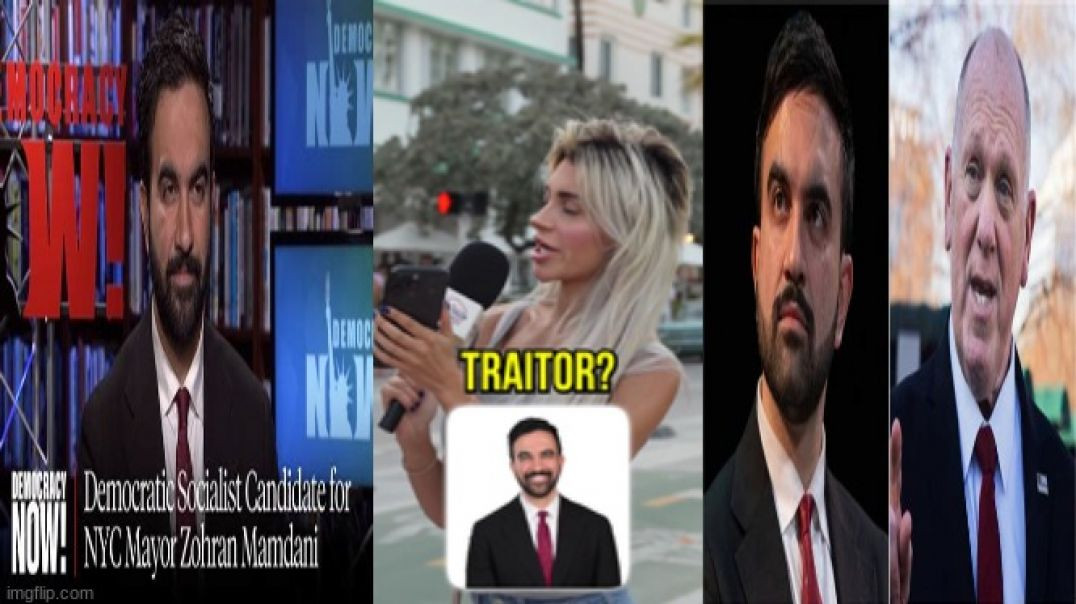
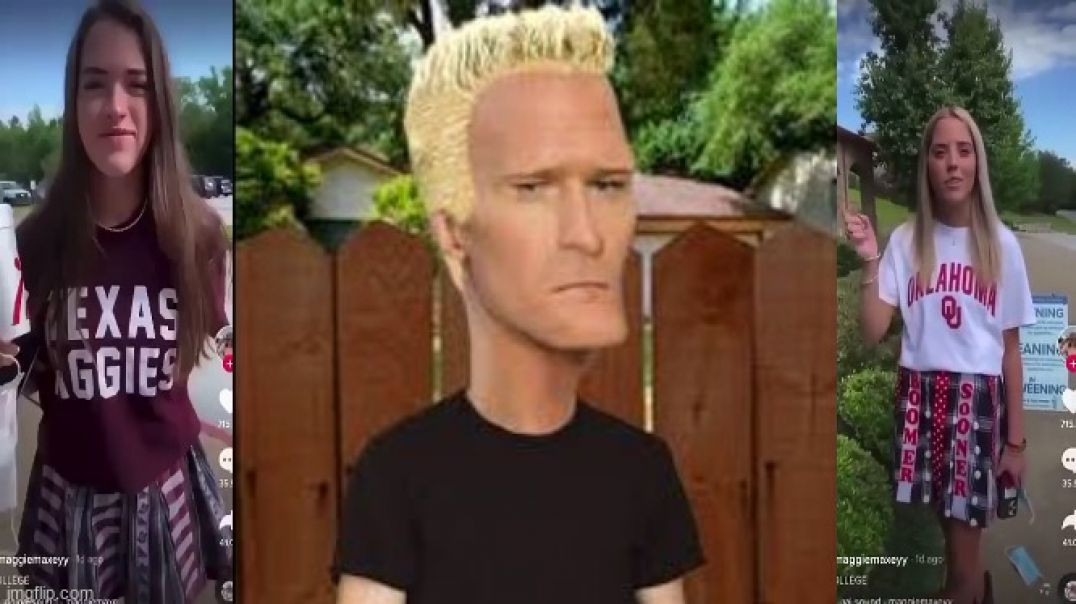
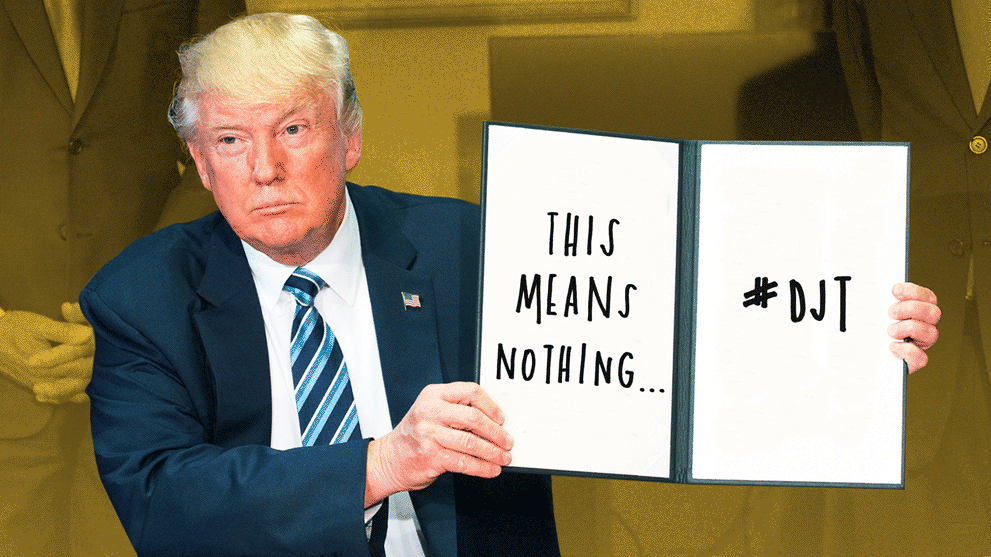
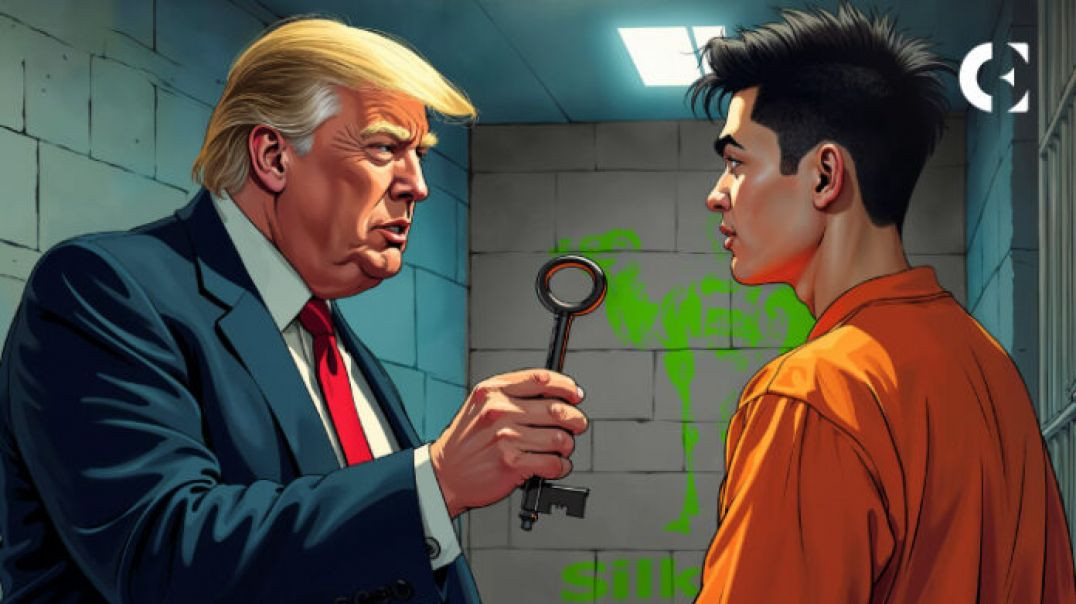

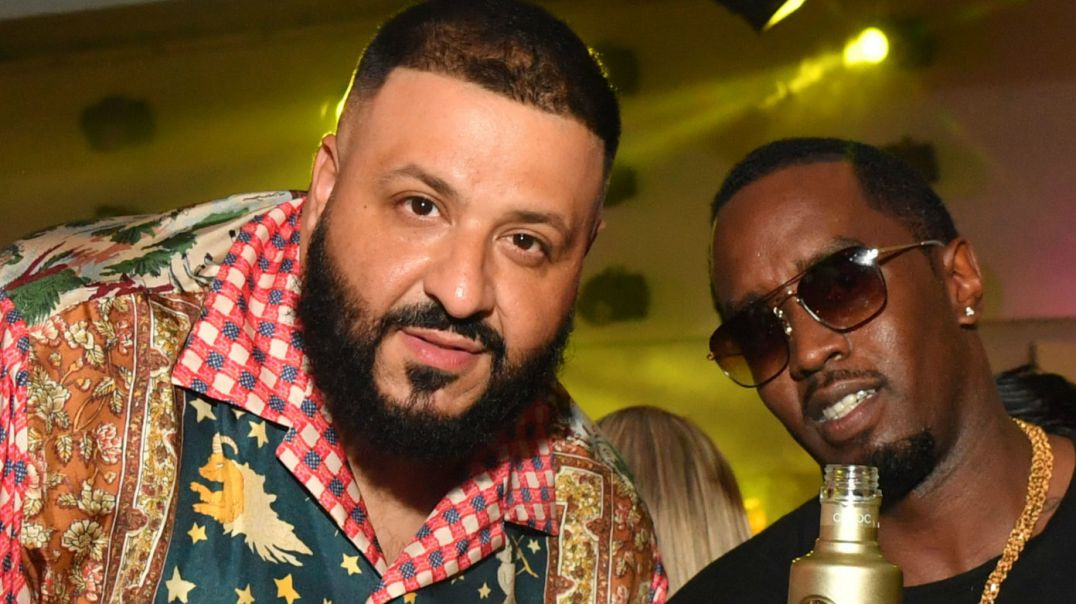
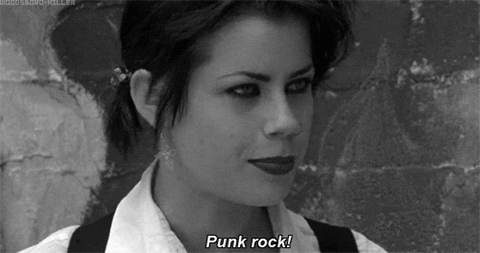
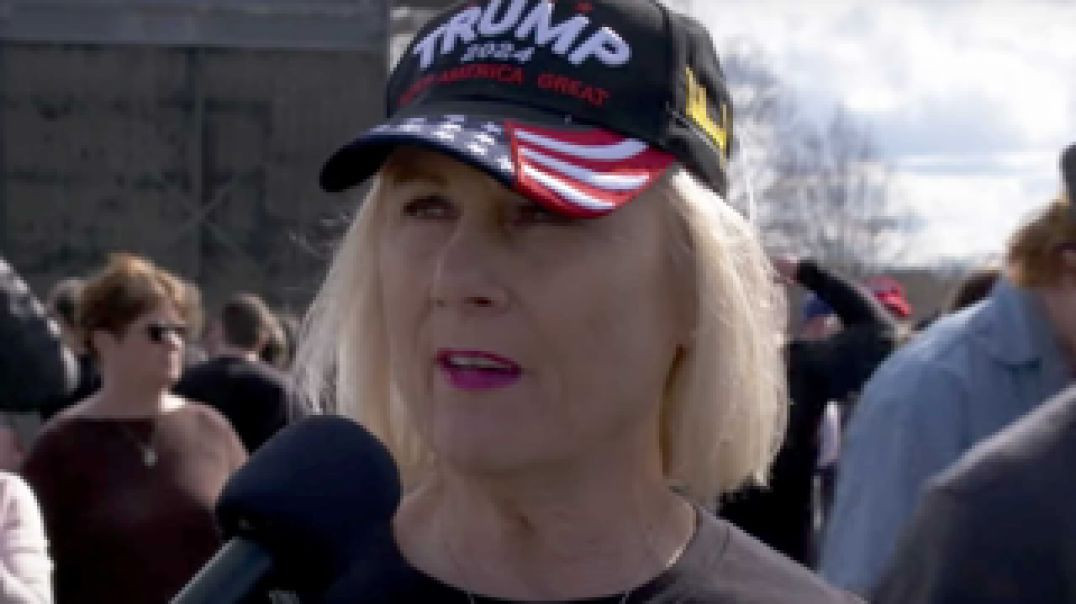
![BASED BUSTY WOMAN 😅 [OBVIOUSLY CLICKBAIT]](https://s3.us-central-1.wasabisys.com/altcast1/upload/photos/2024/03/GjoFsWUqzNTpVH9o4Tyl_03_ab17dccd78d52c64b2d15d13a3197508_image.jpg)
